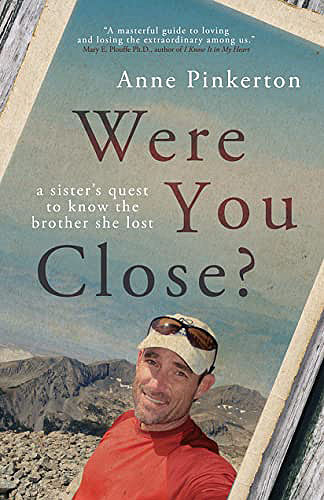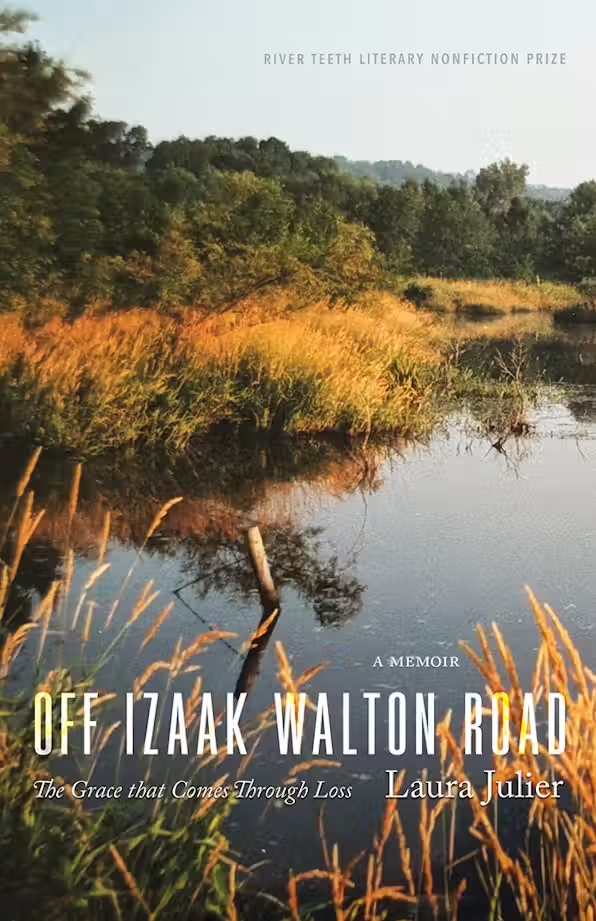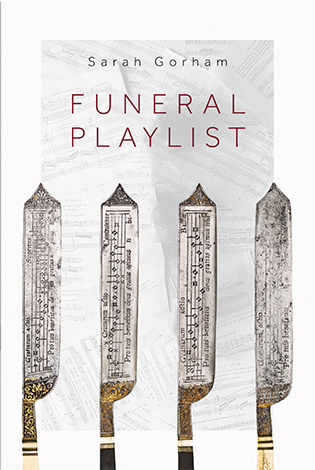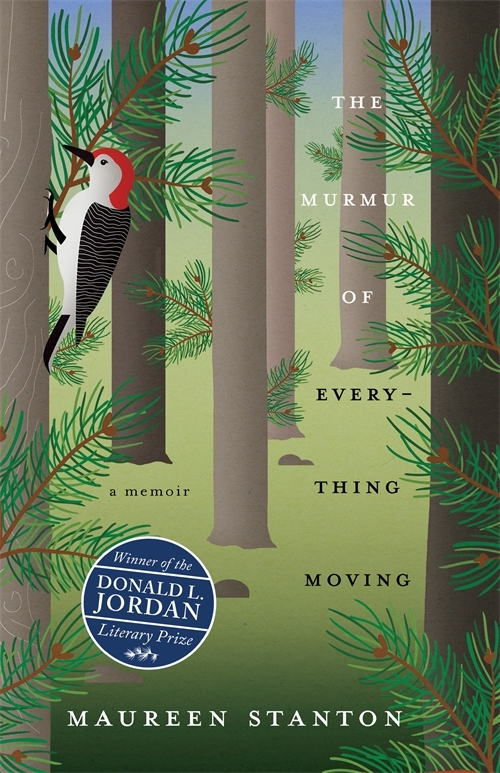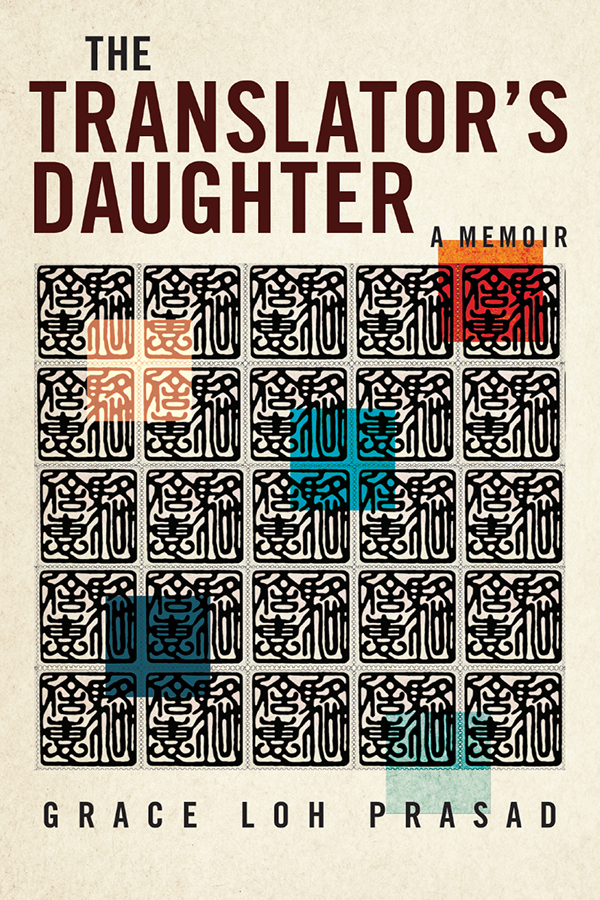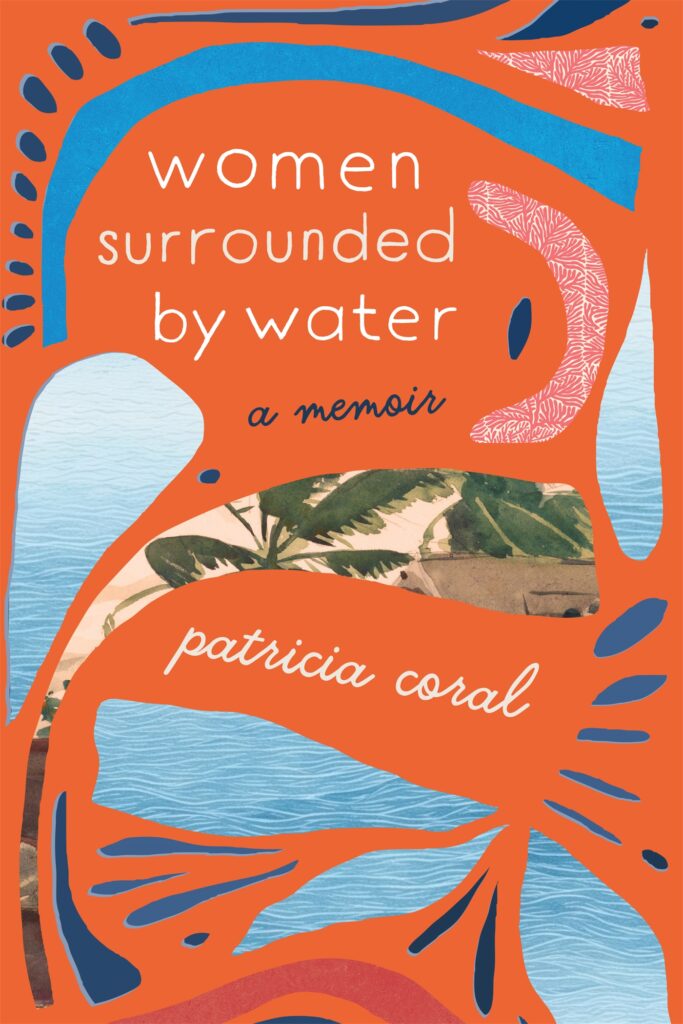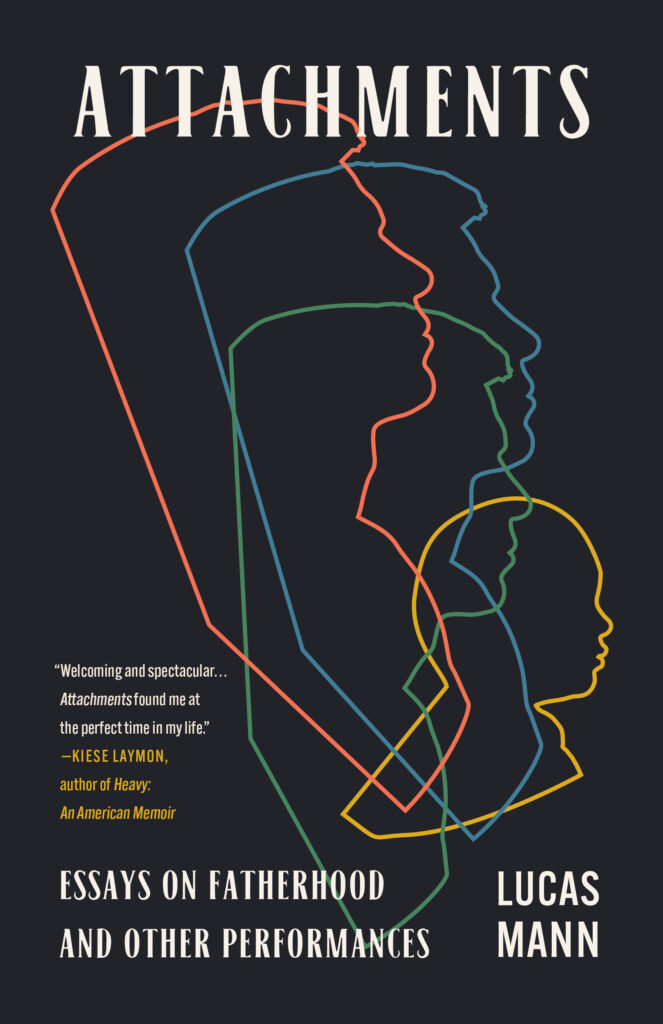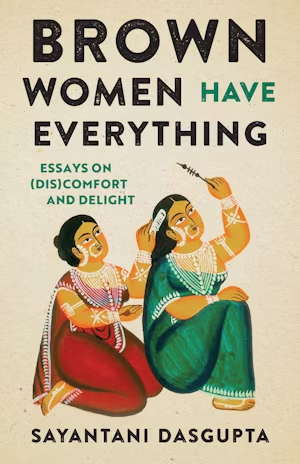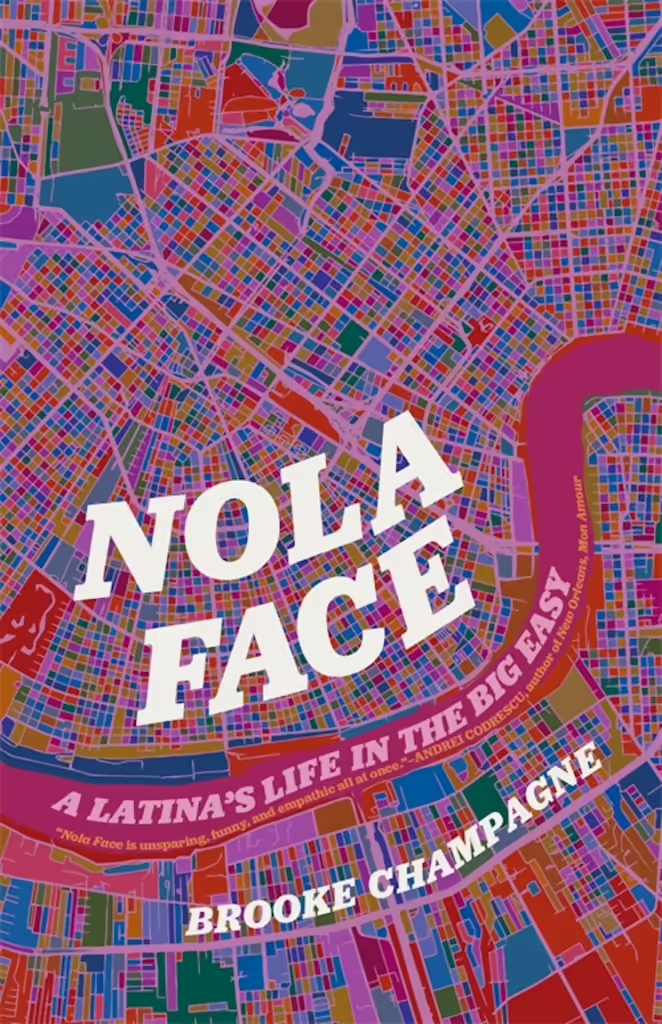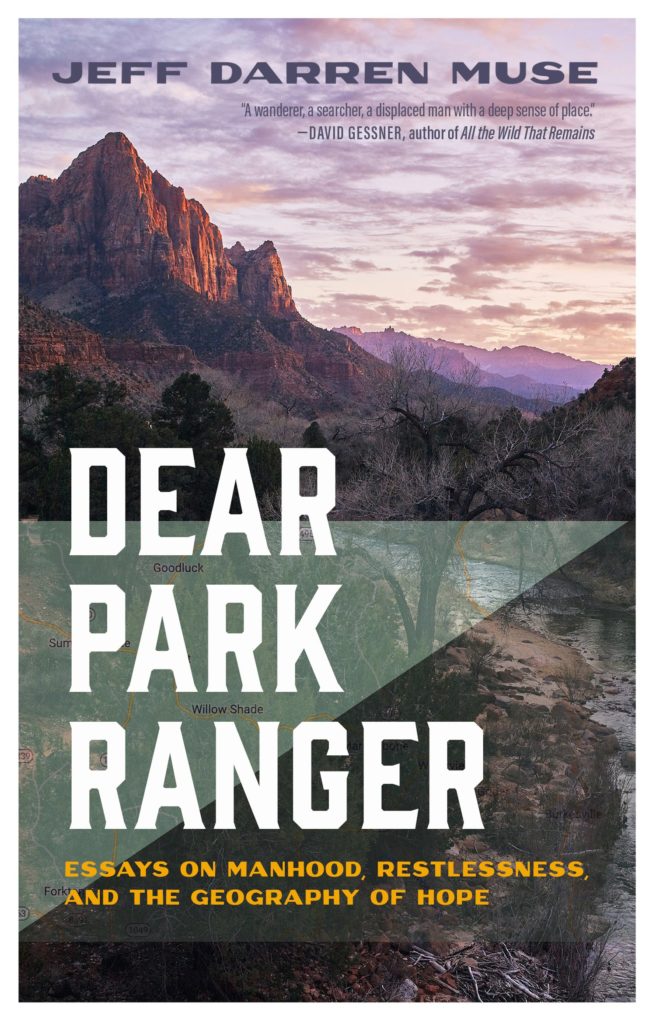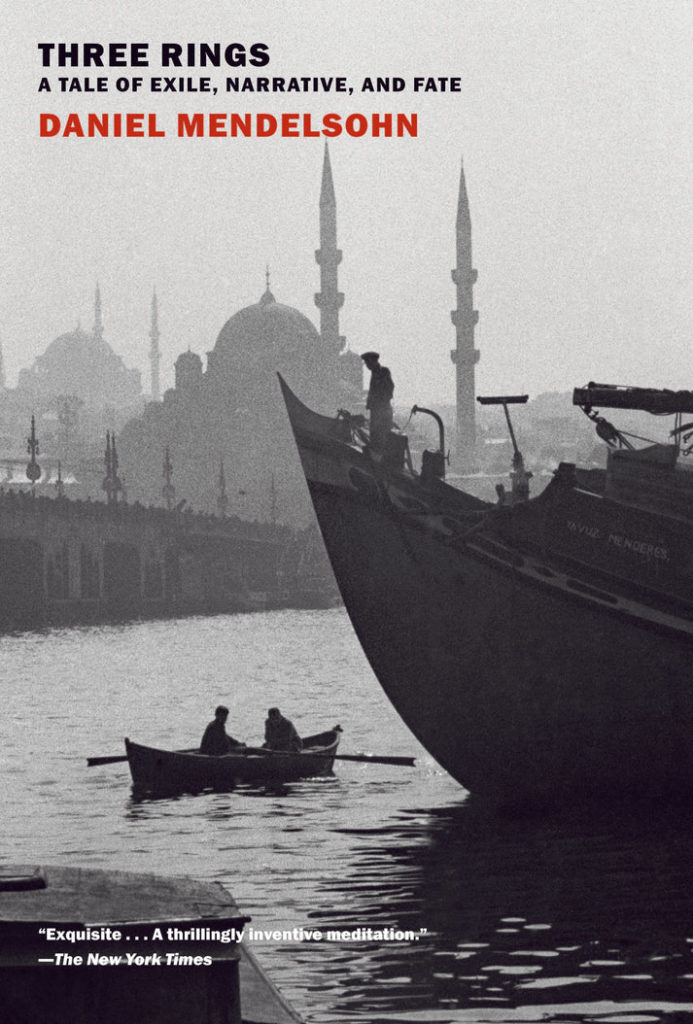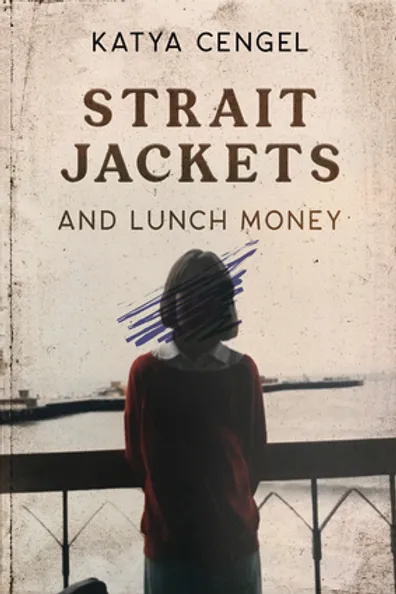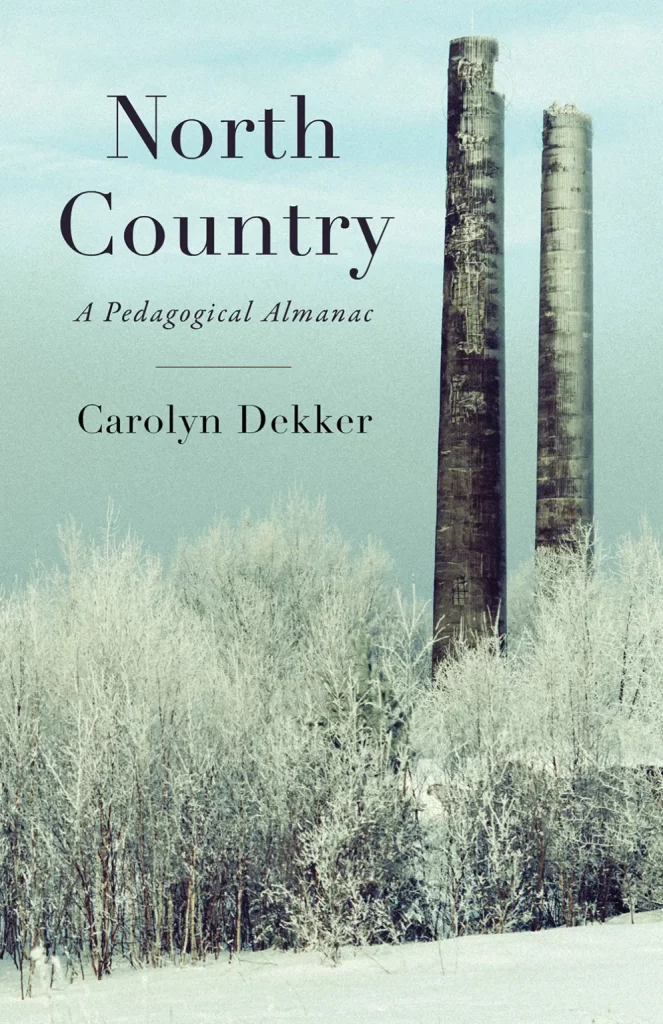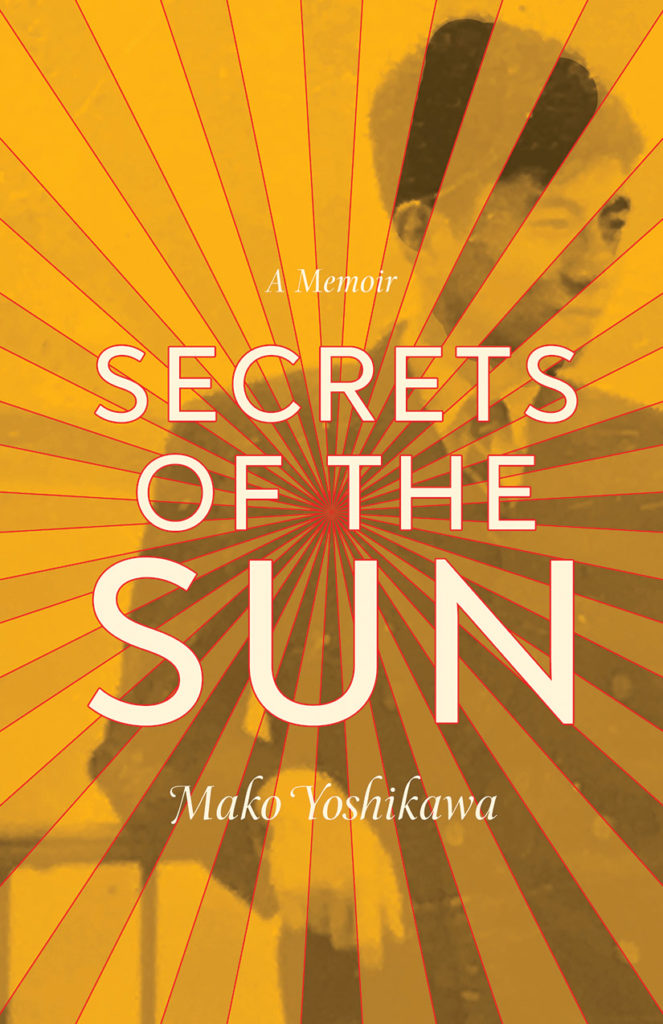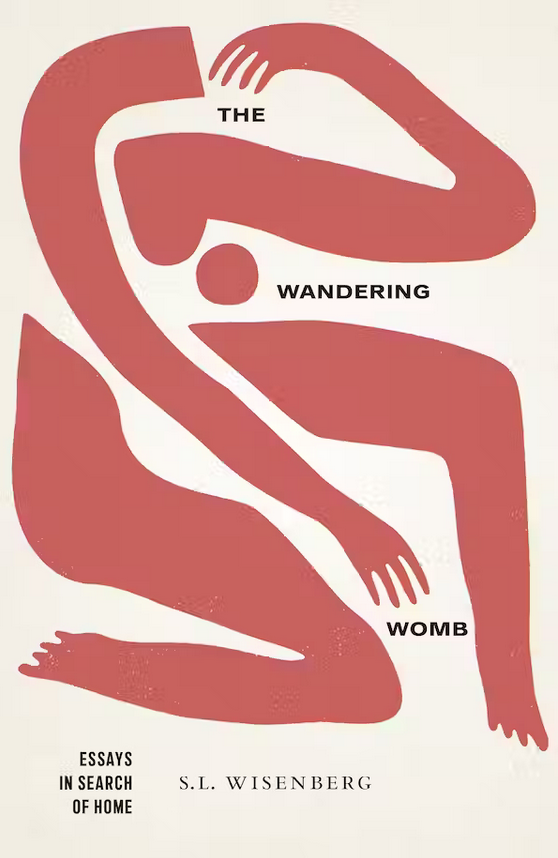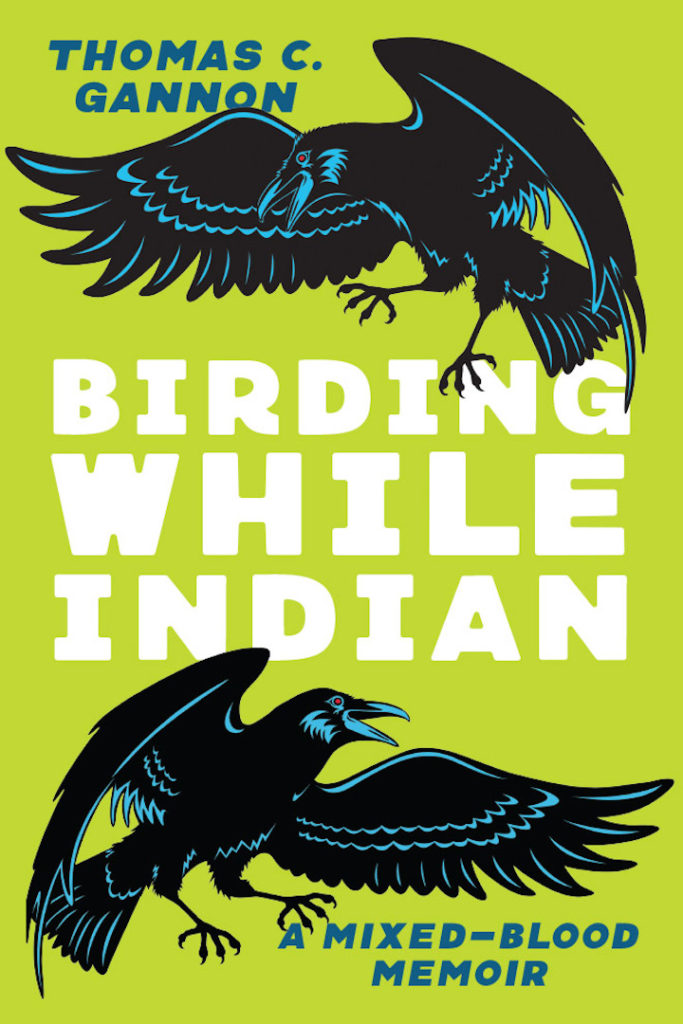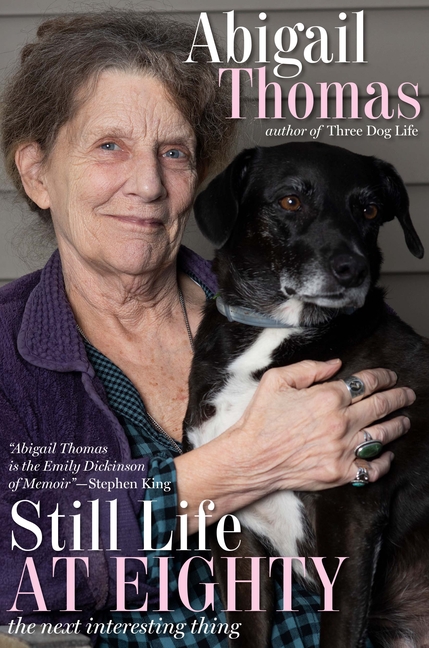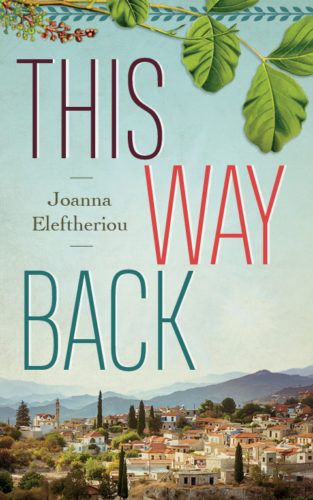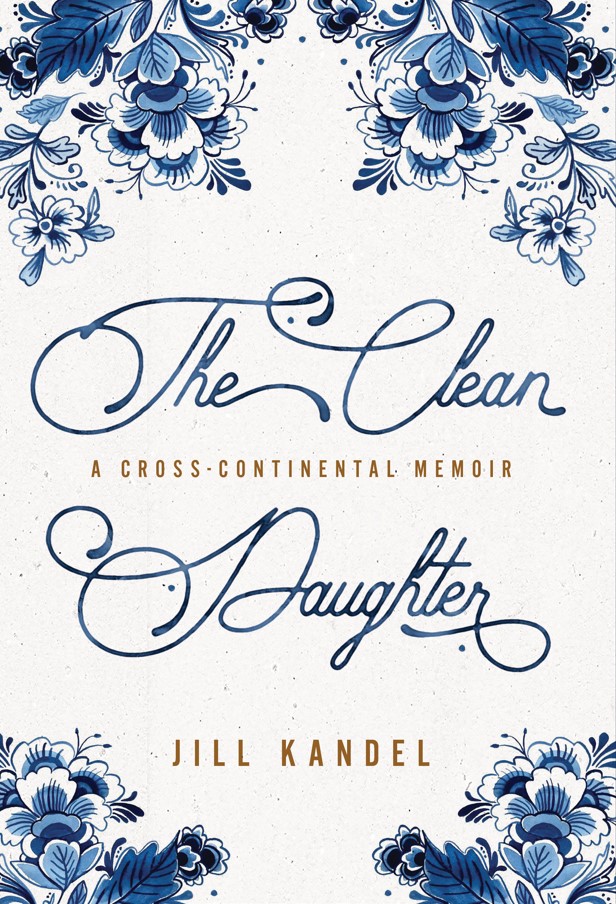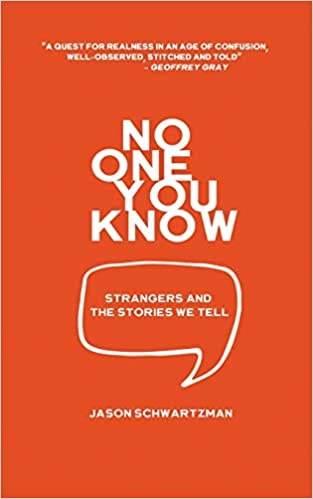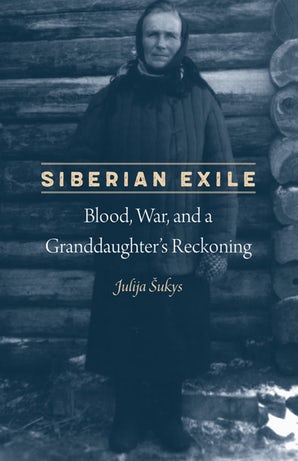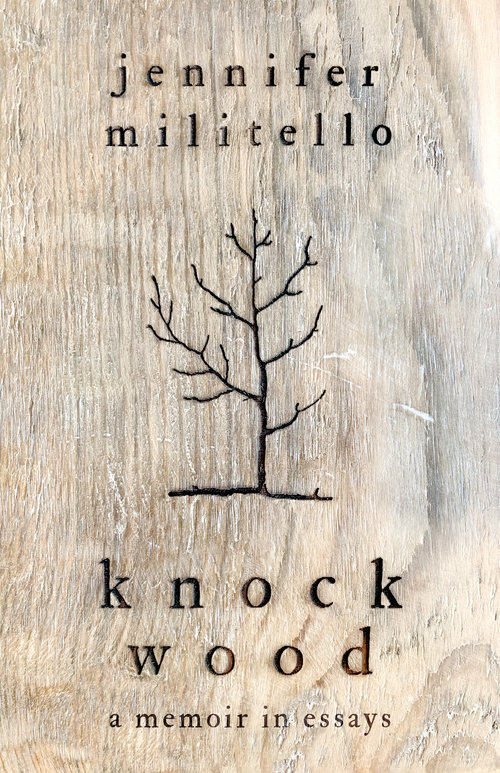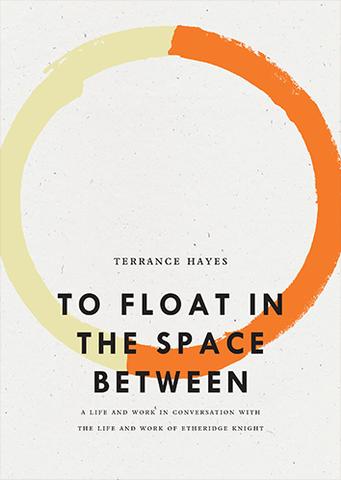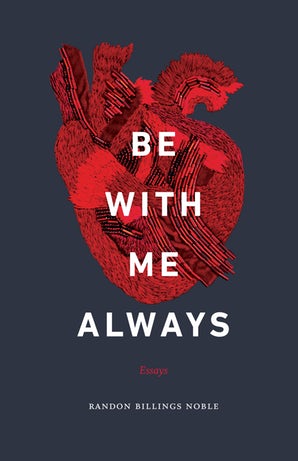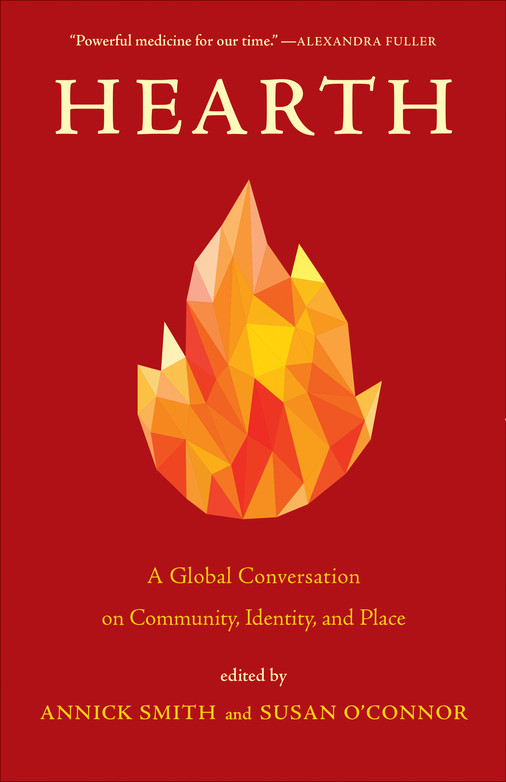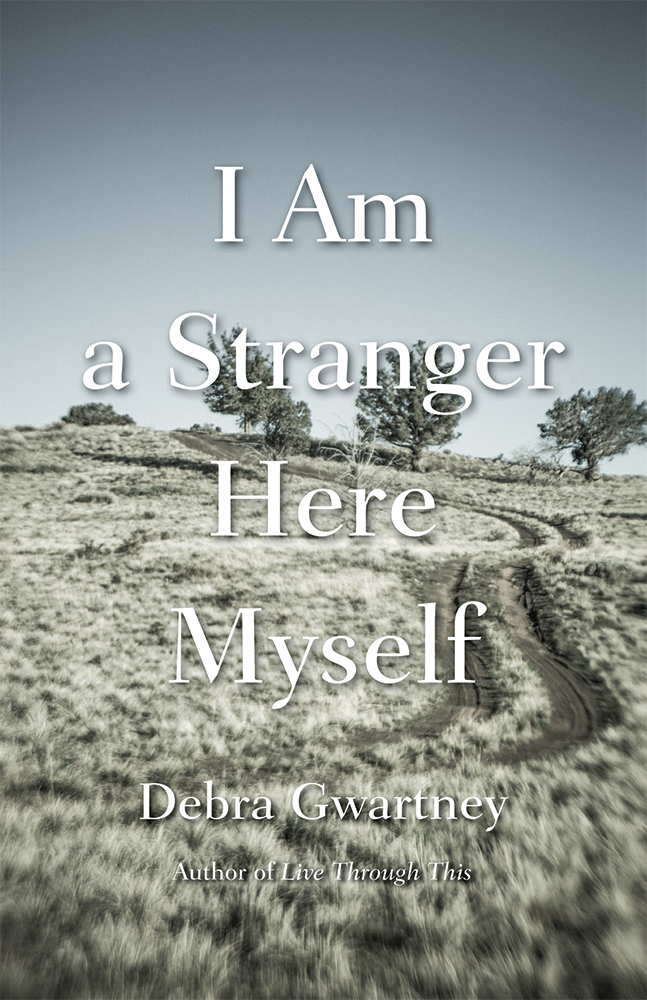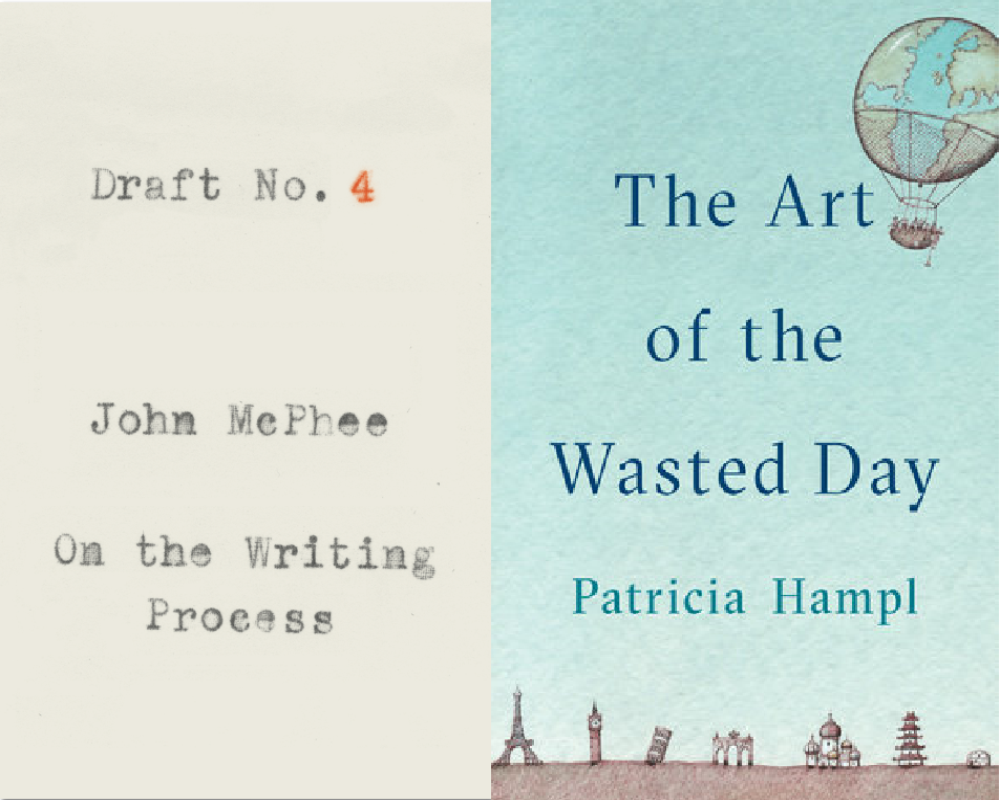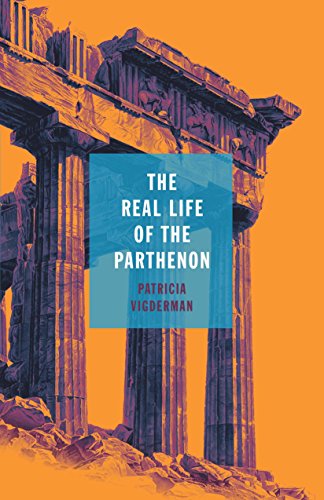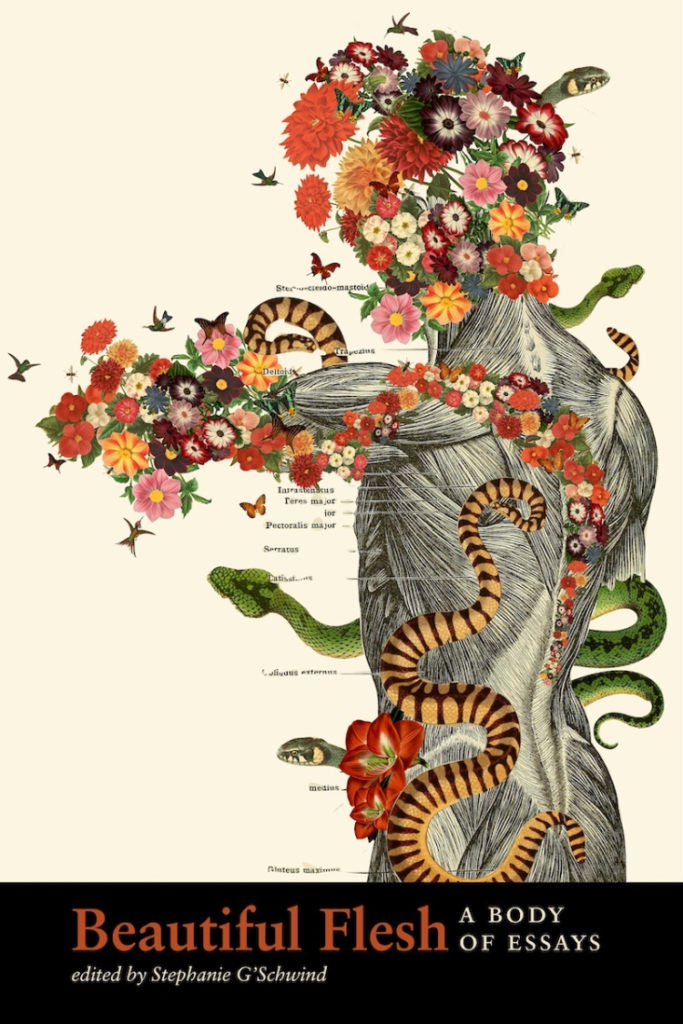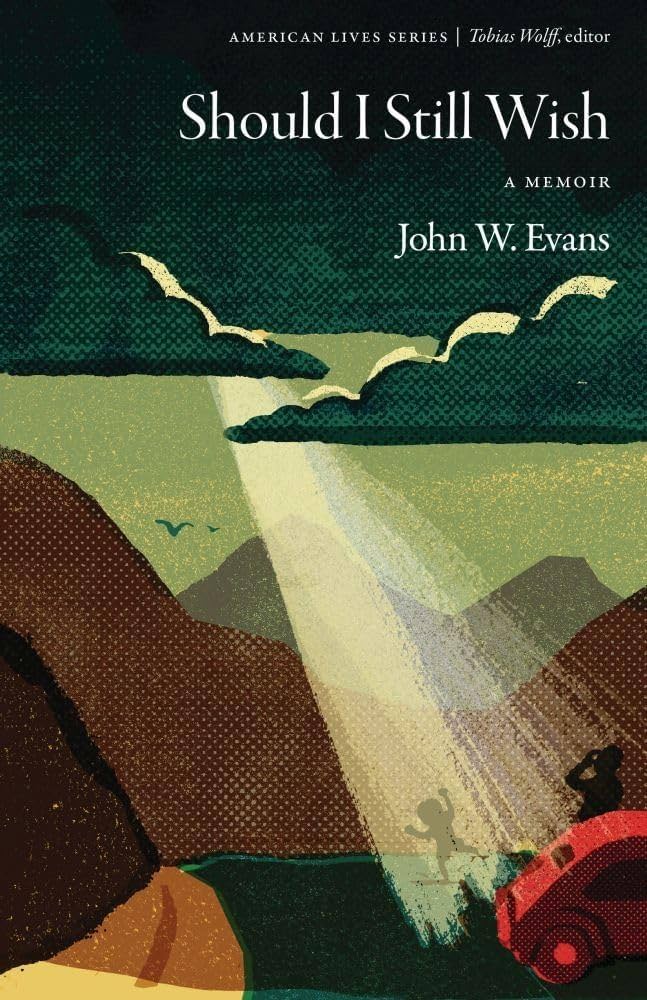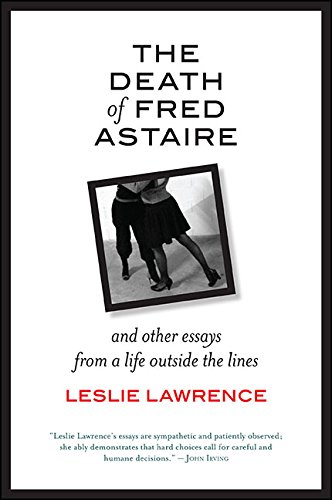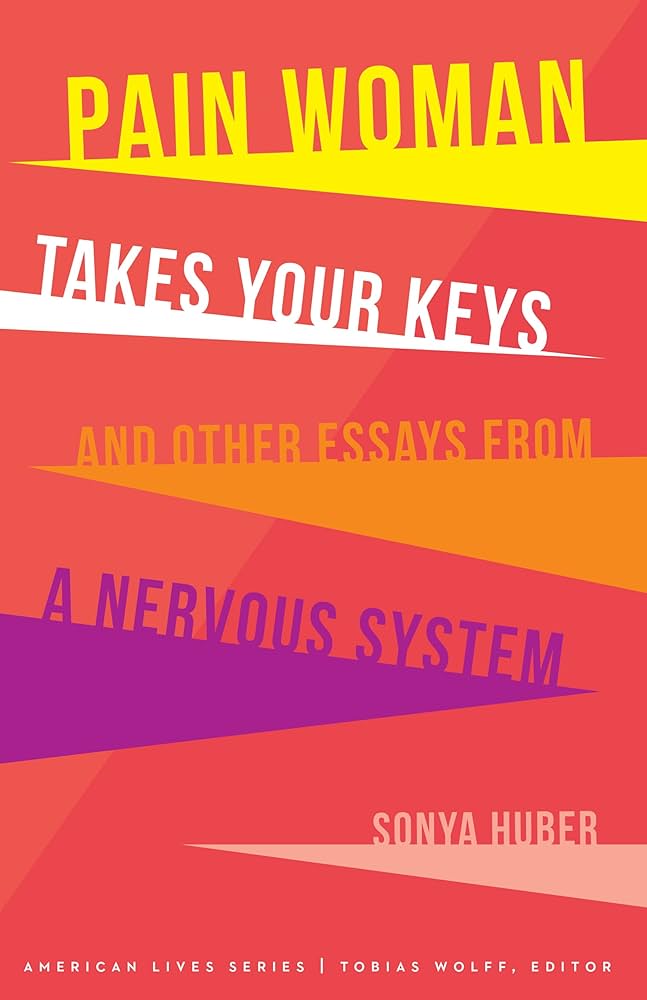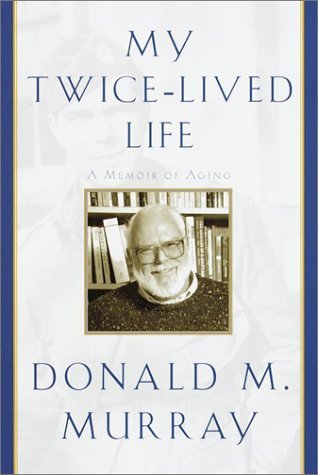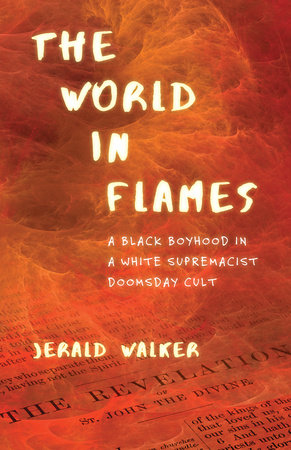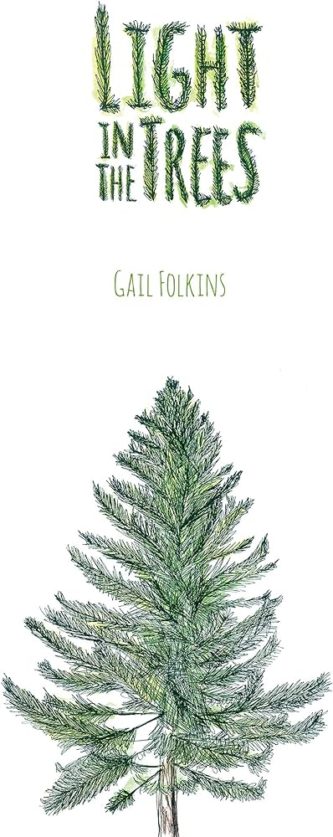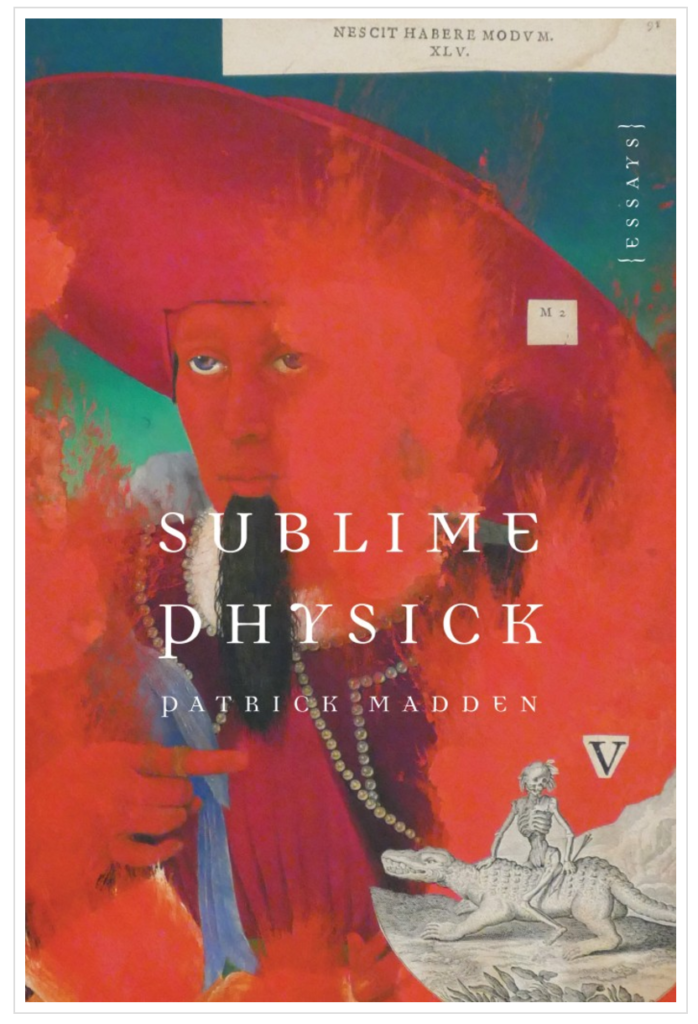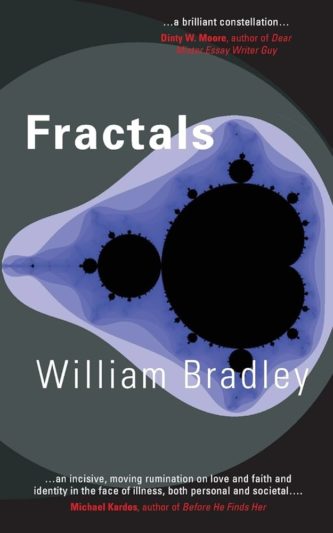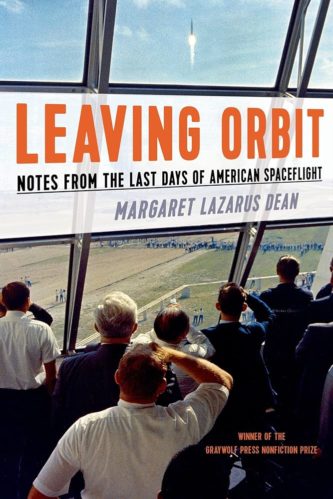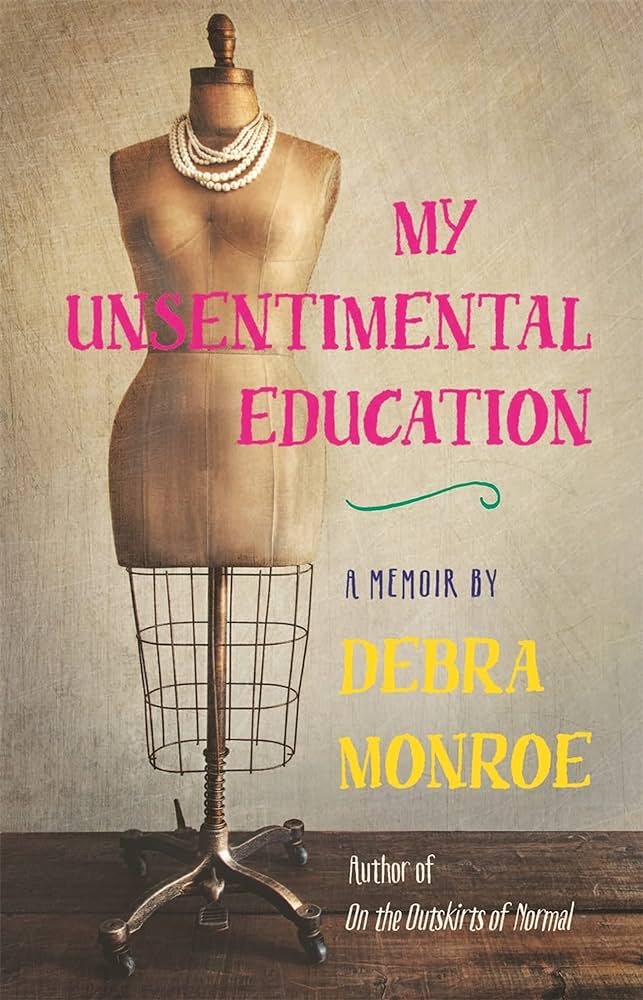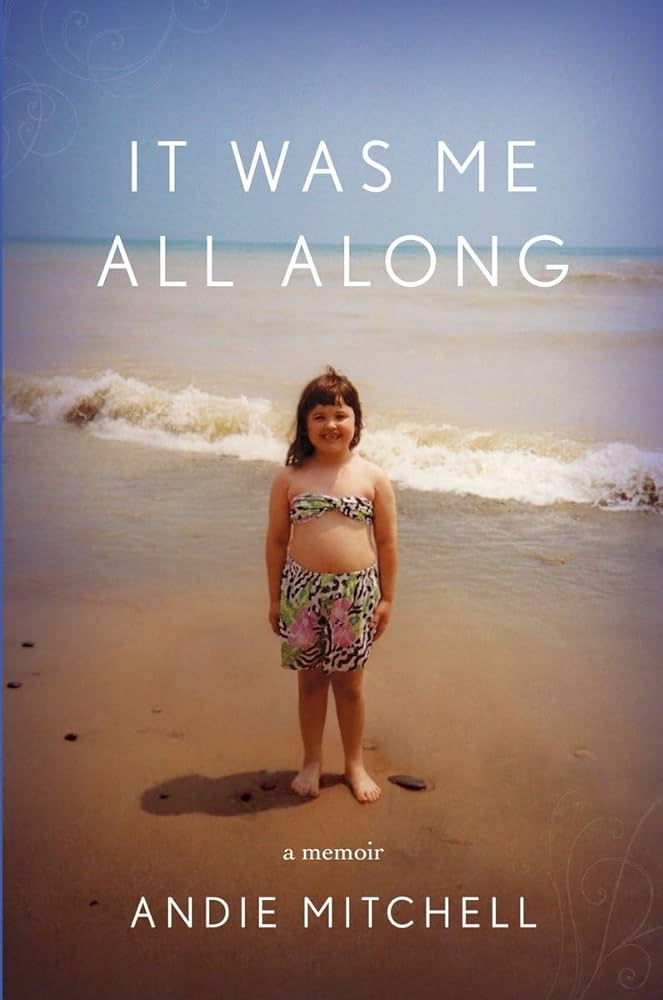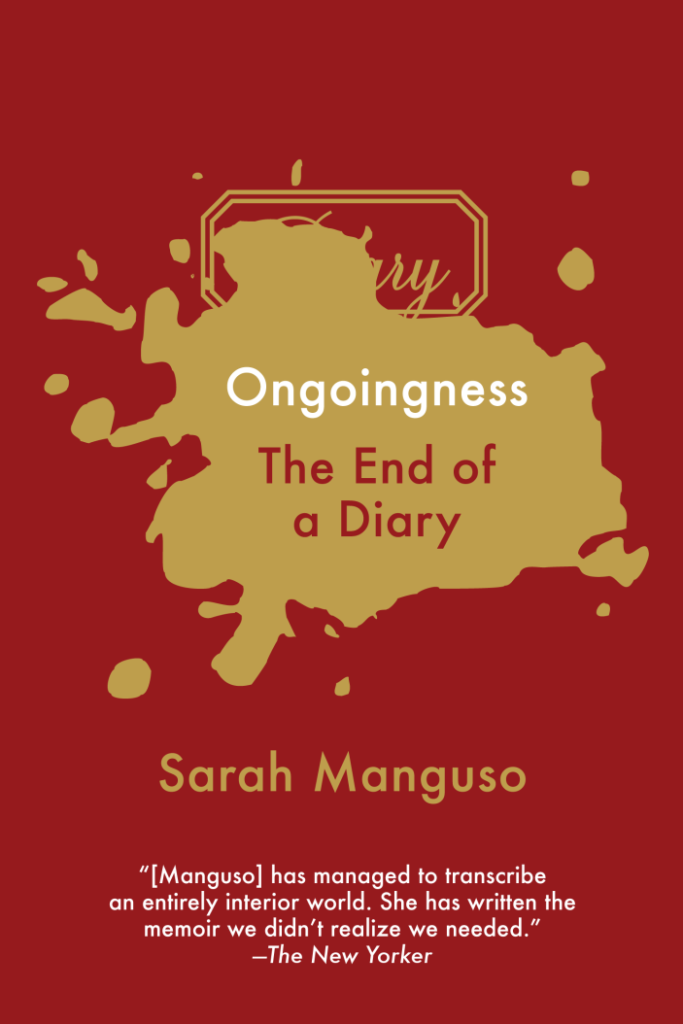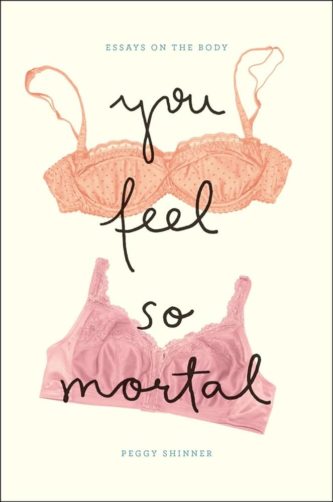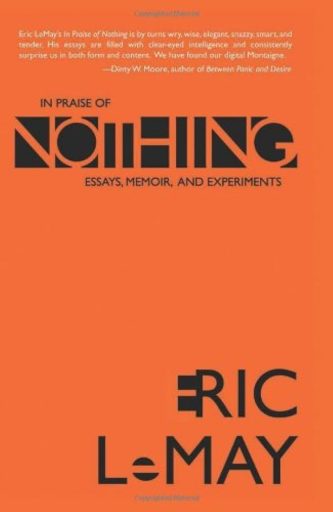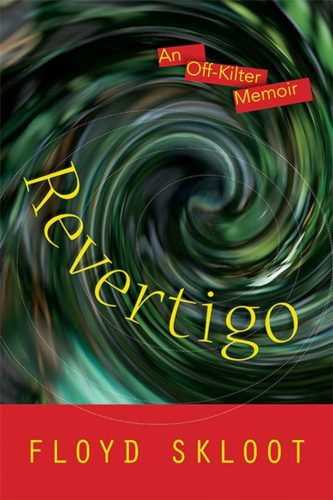By Reneé E. D’Aoust
Were You Close? A Sister’s Quest To Know the Brother She Lost by Anne Pinkerton
Anne Pinkerton’s Were You Close? explores the complexities of grief after the death of her adult sibling, her older brother, David. This memoir-in-essays brings David into focus as Pinkerton tries to understand their early bonds and their family dynamics. By adopting the initially painful question of her title as her own, she becomes a seeker, attempting to integrate memories of him more fully into her life.
From the outset, Pinkerton’s memoir presses against how we process grief and render it on the page. Our impulses to categorize grief are often impulses to deny it. Is this essay collection a species of cathartic writing or a reclamation of history? Grief remains shattering, shocking, and unbound. So, from the initial worried phone call from her mother, Pinkerton becomes a reporter.
David had stayed in Colorado to climb mountains by himself. Later, I would learn these were part of a large mountain range called Blanca Massif, home to a number of Colorado’s famous fourteeners, fifty-four peaks statewide that stand over fourteen thousand feet in altitude. Apparently, his newest athletic quest was to bag them all. No one knew where he was.
They will soon learn that David fell off a mountain, to his death. He chose the thrill of solitude, pitching his stamina against rock, and he lost.
About their childhood in Texas, Pinkerton recalls a dedicated and loving older sibling: “David helped me learn how to swim and ride a bike and water ski. He encouraged me to be myself no matter what anyone else thought.” As a kid, she knew he “would have done absolutely anything” for her. Yet after she moved away to attend college in Massachusetts and her brother built his life in Texas, he only visited her twice in twenty years. Why? She kept inviting him, suggesting hikes they could do together, things he might like. After he dies, this lack of time together—the unaccepted invitations—complicates her grief.
Pinkerton initially conceals her brother in the narrative because sudden loss scrambles her ability to think through questions that swirl through her neural pathways. Her sympathetic nervous system zings between a state of collapse and a state of frenzy; she is unable to contextualize the trauma. It’s a familiar whiplash to all of us who have experienced tragic, sudden loss. Death requires that we answer this question: How do we function in a world with our loved one no longer in it? Tragic death often means it takes years to find answers.
Pinkerton writes: “In the months immediately following David’s death, I had a new remarkable lack of fear, coupled with a great urgency. I started telling people I was forming a new band even though I hadn’t played in one for nearly a decade. I even had all the players picked out and they kindly committed.”
When traumatic loss is that of an adult sibling, the past, present, and future vanish. In a rhetorical move that educates the reader and shares her pain, Pinkerton writes of what “we expect” of “our siblings.” They “are the people we know, typically, our whole lives. They come of age with us, they survive marriages, dislocation, job woes, babies, and divorces with us, and long after our parents are gone, we expect they will grow old with us.” The older brother whom Pinkerton thought would walk with her through her entire life—is gone: “I expected, at the very least, we’d outlive Mom together. Of all assumptions I could make, that one seemed reasonable.”
According to Pinkerton, “Though eighty percent of Americans have at least one brother or sister, the majority of whom will die in adulthood, most of us end up sensing we are alone in our suffering or that we are mourning improperly—for too long, with too much emotion.” The memoir thread in Were You Close? is anchored in Pinkerton’s response to her brother’s death. The reflective thread, however, is anchored in Pinkerton’s sense of why she feels disenfranchised from society in her grieving. She attempts to encompass tragedy and the vagaries of memory through a renewed commitment to her life.
Via interrelated essays, we see David’s better side—an elite athlete, a caring radiologist, and an all-around truly amazing human. How well did she know him? Were they close? Well-intentioned people ask her the inane questions. It seems impossible for acquaintances to sit gently with her in her time of need; they need to quantify Pinkerton’s loss. Let’s put the intensity of her emotions in a box, they seem to say, so the same doesn’t happen to us. Grief might be catching, like chicken pox.
Nevertheless, Pinkerton uses the inane questions as encouragement to learn more about her brother. She knew he was accomplished, but she didn’t know how accomplished. His medical patients love him, but he also has an entire group of elite athletes who love him. She asks unsettling questions of herself, of her family. She didn’t even know her brother was on a hike the weekend he disappeared. How could she not have known?
Or, just as valid, why should she have known? Adult siblings frequently lead parallel lives; they no longer are in regular contact with each other. Yet the closeness is there, born of a little sister’s admiration for her big brother’s kindness toward her: David, though distant, always made Anne feel valued and loved.
So while her brother plays a significant role, it is Pinkerton who must take center stage as the narrator. Her grief is the driving force behind this memoir-in-essays. Those who experience the loss of an adult sibling often mourn in private; by sharing her search, Pinkerton’s grief becomes transparent but no less wrenching.
One consequence: Her other brother Tommy steps into the void; Pinkerton and Tommy become closer, as they never were before. As the oldest, David had been the focal point for each of the younger siblings. Pinkerton’s powers of investigation—her ability to look clearly at her life and her loss—is both a burden and a strength. “In retrospect, the way David died was completely predictable,” Pinkerton reflects. “In a way, it was even poetic. If I were writing the perfect way for him to go out, it might have been exactly the way it happened. Except for the guesswork and worry.”
Were You Close? is a painful yet rewarding read, tragic and hopeful. It illustrates how adult-sibling loss has a lasting impact on the way we relate to others. In a poignant acceptance of her new reality, Pinkerton references her title: “I was certain that one day David and I would be not just close—in any and every way it can be described—but very close. I wasn’t entirely wrong. I just didn’t have any idea about how it would happen.”
Were You Close? A Sister’s Quest To Know the Brother She Lost by Anne Pinkerton
Vine Leaves Press
$6.99 ebook | Buy Now
Renée E. D’Aoust is the author of Body of a Dancer (Etruscan Press). D’Aoust teaches online at Casper College and North Idaho College.

